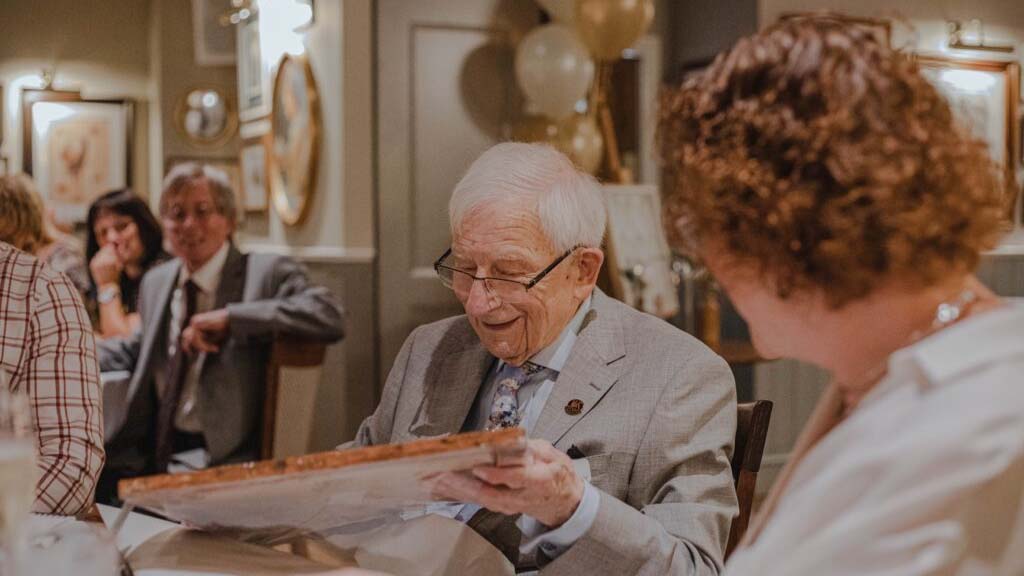
Friendships and Allies Mean The World to People With Alzheimer’s
At Elder Advisors Law, we talk a lot about the importance of allied professionals in the fight against Alzheimer’s disease. These professionals ensure people with Alzheimer’s and their families have the resources they need to get through the challenges life has presented them.
The same is true for friendships during an individual’s fight against Alzheimer’s. This might seem counterintuitive to people who don’t fully understand the disease and just know it as the disease that robs aging people of their memory. After all, what’s the point of maintaining a friendship with someone who might not remember me tomorrow?
We want to dispel this thinking entirely and help people understand why relationships can and should be sustained even when memory problems persist. People with Alzheimer’s are just as deserving of love and friendship as anyone else who might be reading this article, so please consider what life would be like if the people you loved the most distanced themselves from you in a time of need.
Loneliness Can Kill
Many families have stories about a loved one who “died of loneliness.” A friend or family member who didn’t socialize and stayed at home alone, spending their final days without much comradery. While these stories are exaggerated versions of this person’s reality, there is actual data to back up the devastating impacts of loneliness.
A study published earlier this year found that people under the age of 80 who consider themselves to be lonely had a threefold greater risk of developing cognitive diseases and “poorer executive function, lower total cerebral volume, and greater white matter injury.”
So, while “loneliness” may not be listed as a true cause of death, it can certainly increase the chances of developing diseases that shorten your life expectancy and deteriorate the experience of aging. Some studies suggest extended loneliness can shorten your life expectancy by up to 15 years.
“Memory” is More Than Knowing a Face
We know the heartbreak all too well. A loved one is in the hospital or nursing home as their cognitive function deteriorates. One day, they wake up and see your face and have no recollection of who you are. It seems unimaginable, especially for family members who have spent decades living with and visiting this loved one frequently.
For some, this creates a separation that is never repaired. They distance themselves from the loved one because “well, they won’t remember me anyways.” Sadly, that’s a misunderstanding of “memory” and the depth of our minds, even in the worst of times.
When people with memory loss are exposed to familiar stories and experiences they often are able to conjure up those memories previously buried deep in their minds. Your presence could help them recall important and cherished memories (though there’s no guarantee of this as it’s a process and everyone’s experience differs).
We also previously talked about paradoxical lucidity which is when people with forms of Dementia have brief moments of clarity where memories rush back and thoughts become more clear. It could be devastating for these moments to come and for them to find out their loved ones walked away once their memories began to fade. We should be there for them and enjoy these rare moments.
We also need to remember that all types of Dementia attack the brain, typically from the outside in. Which means that your short-term memory is the first to go, but that doesn’t mean all memory is gone. As the disease progresses, people move back in time as their memory fades; try to discover “where they are” in their mind and go there with them. For example, if someone is remembering the birth of their first child or maybe their wedding day, go there with them and help create a “moment of joy” as you relive the event with them (even if you are that child or spouse).
Ultimately, our goal here is not to guilt or pressure you into making decisions about your relationships with loved ones fighting Alzheimer’s disease. Instead, we want everyone to understand the role they can play in the lives of these loved ones. When you or a loved one needs help navigating these relationships and planning for the future, contact Elder Advisors Law.

